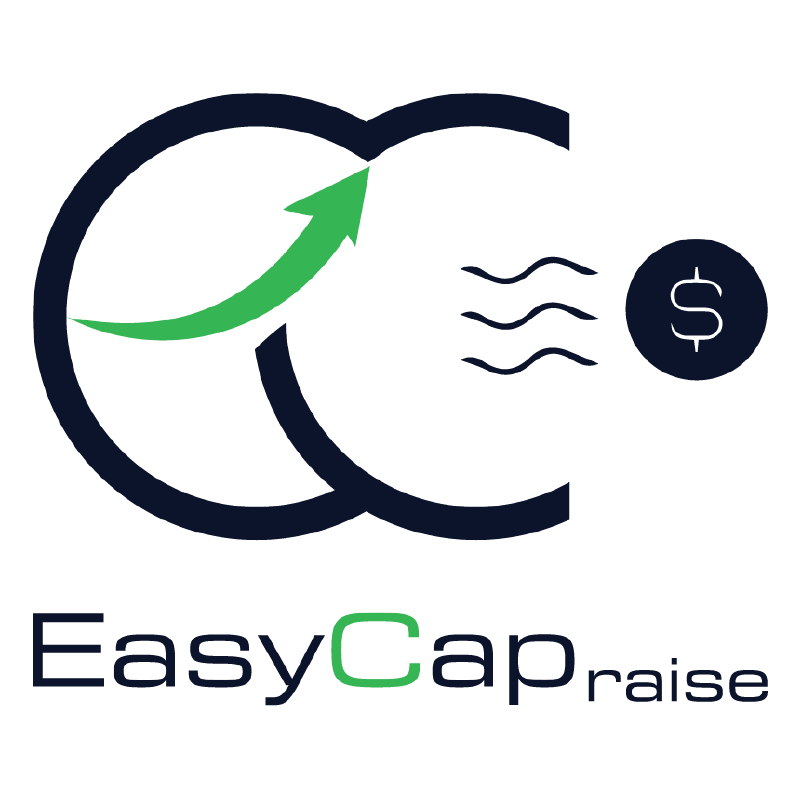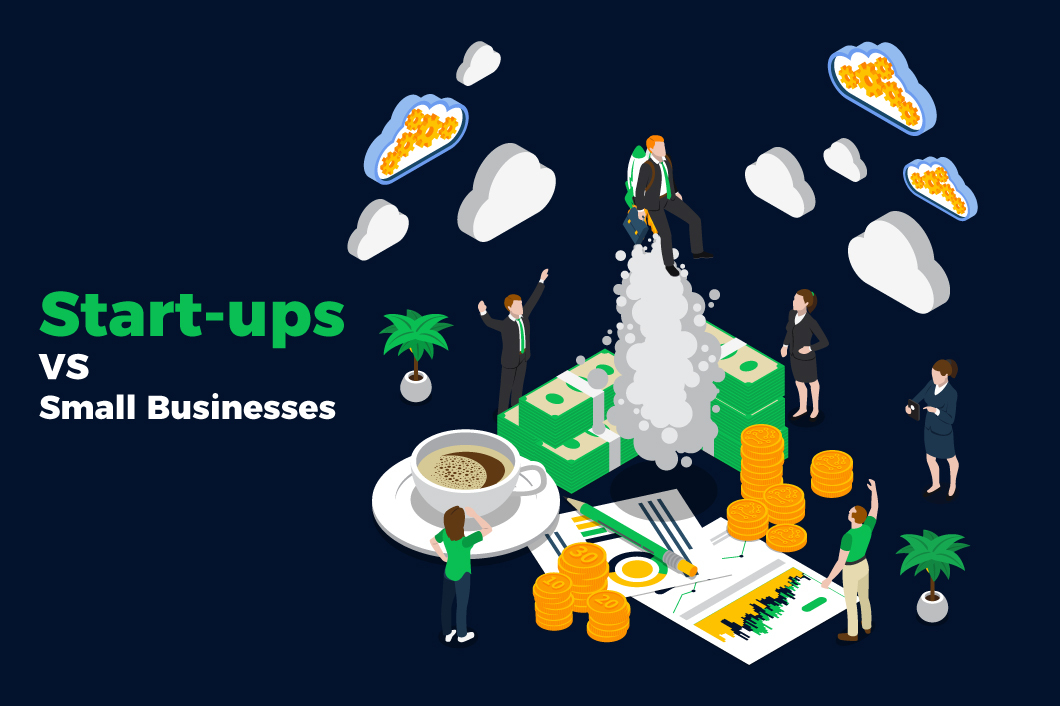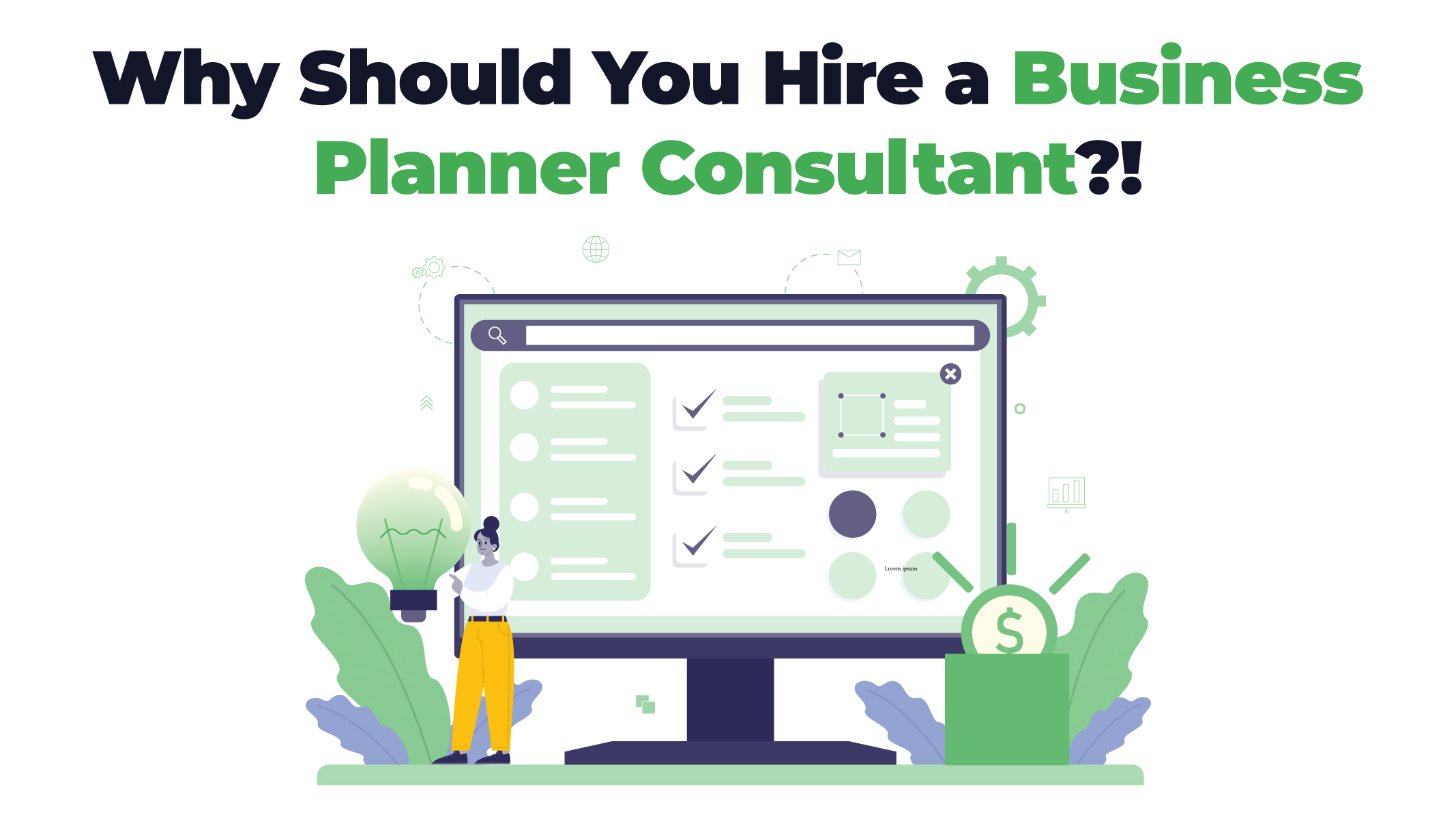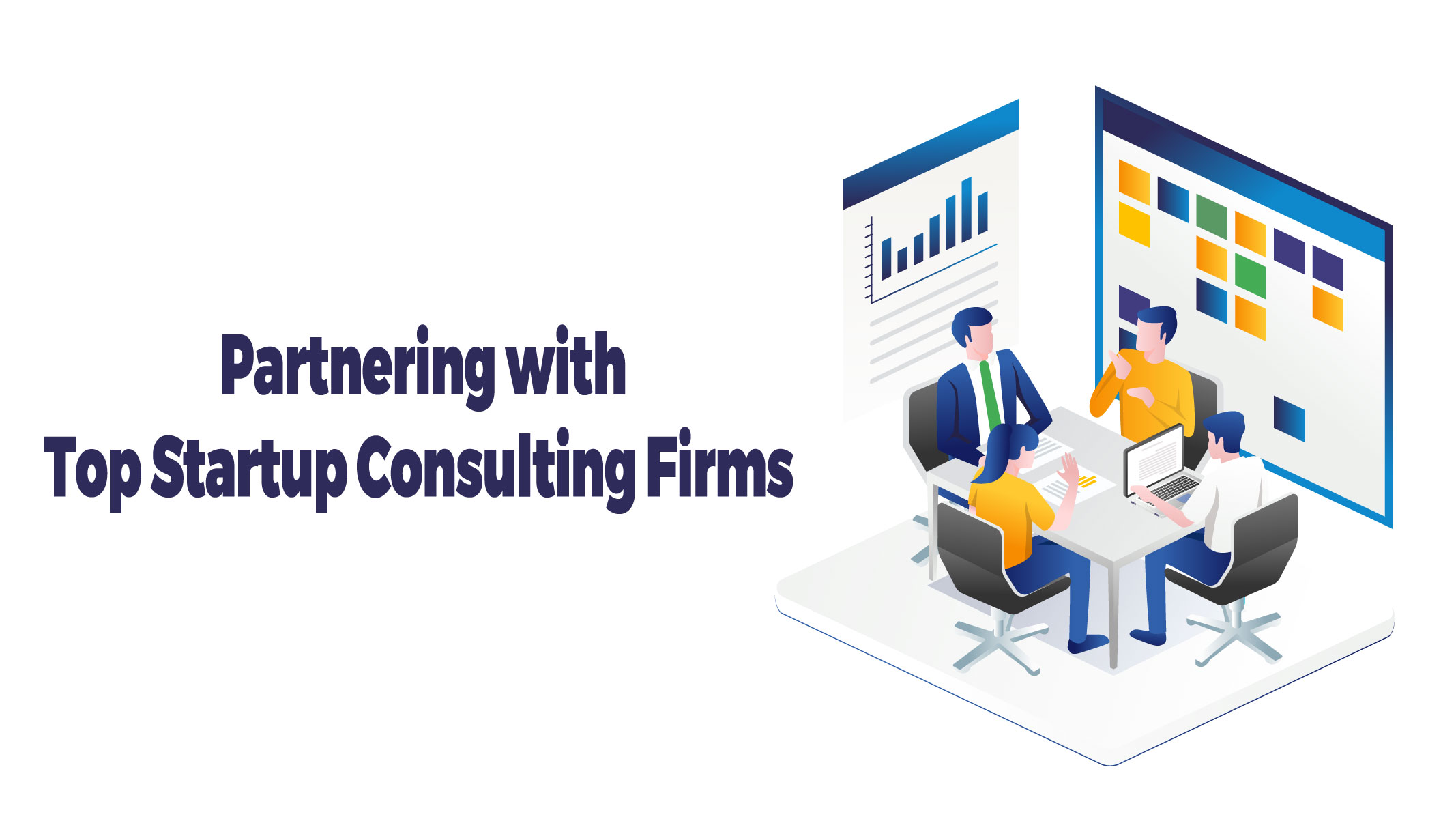Startups vs. Small businesses
[read_meter]
When starting a business, many entrepreneurs aspire to become multi-billion-dollar companies, hoping to IPO or get acquired for a high price. However, this level of success is not attainable for everyone. While companies like Amazon, Google, and Microsoft began as startups in garages and dorm rooms, raising multiple rounds of venture capital to accelerate their exponential growth, not all startups achieve such success. Startups, which are different from small businesses, typically exploit new market opportunities with brilliant, innovative solutions, relying on venture capital investments to fund their growth. In contrast, small businesses often operate on a smaller scale and do not typically seek out external funding to support their operations.
Key Takeaways:
- Some startups are tech companies that can potentially scale and grow exponentially
- Others (we call them small businesses) like service businesses have slower growth paths and limited margins
- Startup-type investors expect a ten-fold return on their investments within 5-7 years
- Startups need to know their type and approach the right investors
The exponential-growth-VC-funded approach is what many small businesses try to follow because it is the route they are most familiar with. But this is not the only way to go about starting a business. It’s important to distinguish between the blockbuster, unicorn, Silicon Valley-type startups that exceed one billion dollars in value and smaller businesses that may not reach one billion, but are still decent, successful businesses. These two types differ in fundraising, investors, recruiting, etc. Both are technically considered startups, but we will call the second type small businesses to avoid confusion.
How to distinguish between the two
Many small businesses strive to take down giant companies or become giants themselves. But they may change their paths and business models, alter their initial objectives, and end up with a different business than they had planned. There are many other ways to tell these two types apart.
Businesses that provide a service require people on the payroll and need to scale their staff to scale their revenue. This leads to thinner margins and slower growth. Therefore, these often fall in the category of small businesses. Startups are often software or tech-related. Once the software is built, countless people can use it without a proportional number of employees. This ability to scale without additional staff is critical in determining whether a business can experience exponential growth.
What investors think
Investors put their money into the startup category at their earliest stages and expect a ten-fold return on their investments within 5-7 years. If your business is worth $5m now and you are raising $500k, the investors expect your business to be worth at least $50m in 5-7 years, as valuated by some buyers or new investors. They expect you to sell the business and liquidate assets so that they can get their money back quickly. The alternative would be collecting a percentage of dividends over the years. Doing an IPO is another way for them to get their money back. But IPOs are done chiefly for large $100M+ companies.
Why is it important for founders?
Every entrepreneur must recognize their business category to avoid wasting time approaching the wrong kind of investor. A service or consulting company should not approach the described startup-type investors. It is better to work with an executive co-founder, who brings the capital and client network. Raising money from friends and family is also an option. The critical point is not to raise funds from investors who will be unsatisfied with the healthy rate at which your business is naturally growing. You don’t want to raise a multi-million seed round to find that you couldn’t scale as fast as expected. It is better to have a smaller than anticipated business that employs a few people and generates decent profits than to have a group of unhappy investors pressuring you to grow more.
Contact us
Good to have you here! If you have any queries, please leave your message. Our team will reach out soon:)
.








